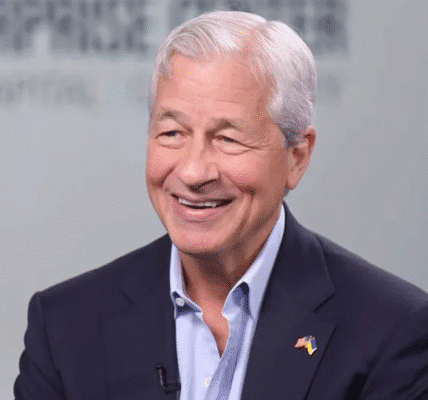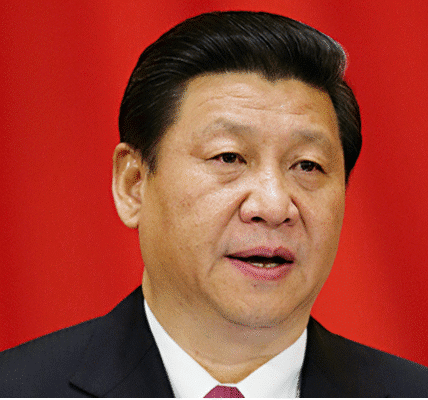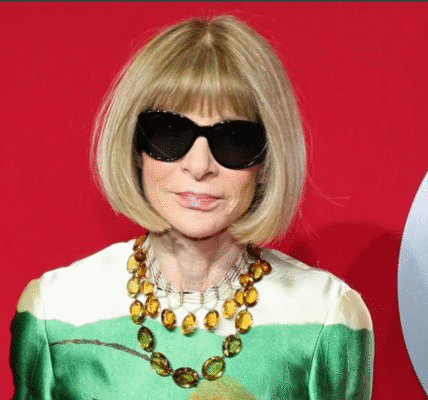Yale University: A Complete Biography of an Ivy League Icon

Introduction
Yale University, one of the most prestigious Ivy League institutions in the United States, has a legacy that spans over 300 years. Known for its Gothic architecture, world-class faculty, and alumni who shape global history, Yale continues to stand as a beacon of education, research, and leadership.
If you’re searching for a detailed biography of Yale University — its history, culture, rankings, and impact — this guide covers everything you need to know.
Early History of Yale University
Yale was founded in 1701 as the Collegiate School in Branford, Connecticut, by a group of Congregationalist ministers. The mission was clear: preserve the traditions of liberal education and prepare leaders for both church and state.
In 1718, after a significant donation from Elihu Yale, the institution was renamed Yale College and relocated to New Haven, Connecticut.
Yale in the 18th and 19th Centuries
By the late 18th century, Yale had become a breeding ground for America’s founding leaders. The 19th century brought tremendous academic growth:
- 1810: Yale School of Medicine established.
- 1847: Graduate School of Arts and Sciences founded.
- 1861: Yale awarded the first Ph.D. in the United States.
Yale was no longer just a college; it was becoming a comprehensive research university.
Yale in the 20th Century
The 20th century marked Yale’s transformation into a global academic leader:
- Residential College System (1933): Inspired by Oxford and Cambridge, Yale introduced a unique model that blended academic and residential life.
- Sterling Memorial Library & Beinecke Library: Became intellectual landmarks, housing millions of rare books and manuscripts.
- Cultural Assets: Yale Art Gallery, Peabody Museum, and Yale Center for British Art elevated its status as a cultural powerhouse.
Yale Today: A Global Leader in Education
Yale now enrolls around 15,000 students across undergraduate, graduate, and professional schools.
- Ranked Top 10 globally in most higher education rankings.
- Offers programs in law, medicine, engineering, arts, humanities, and sciences.
- Houses over 14.9 million volumes in its library system.
- Has a global alumni network including U.S. Presidents, Supreme Court justices, Nobel laureates, CEOs, and artists.
In 2024, Maurie McInnis became the 24th president of Yale and the first woman to hold the position permanently — a historic moment in the university’s journey.
Culture, Traditions, and Legacy
- Motto: Lux et Veritas (“Light and Truth”).
- Mascot: Handsome Dan, the Bulldog.
- Colors: Yale Blue and White.
- Architecture: Famous for its Collegiate Gothic buildings and modern landmarks.
- Traditions: Secret societies like Skull and Bones and residential college rivalries.
Quick Facts About Yale University
| Feature | Details |
|---|---|
| Founded | 1701 (renamed Yale College in 1718) |
| Location | New Haven, Connecticut, USA |
| Type | Private Ivy League Research University |
| Students | ~15,490 (6,740 undergraduates, 8,750 graduate & professional students) |
| Library System | 14.9 million volumes, among the largest in North America |
| Colleges | 14 residential colleges |
| World Rankings | Top 10 globally (QS, U.S. News) |
| Current President | Maurie McInnis (since July 2024) |
FAQ: Yale University
1. Why is Yale University so famous?
Yale is renowned for its Ivy League prestige, world-class faculty, historic architecture, research excellence, and influential alumni network.
2. How hard is it to get into Yale?
Yale is extremely competitive, with an acceptance rate of around 4–5%, making it one of the hardest universities in the world to enter.
3. What programs is Yale best known for?
Yale is globally recognized for law, medicine, political science, arts and humanities, and environmental studies.
4. Does Yale have a unique residential system?
Yes, undergraduates live in one of 14 residential colleges, which provide housing, dining, community, and academic support.
5. Who are some famous Yale alumni?
U.S. Presidents like George H.W. Bush, George W. Bush, and Bill Clinton, along with Supreme Court justices, Nobel Prize winners, CEOs, and global leaders.




































